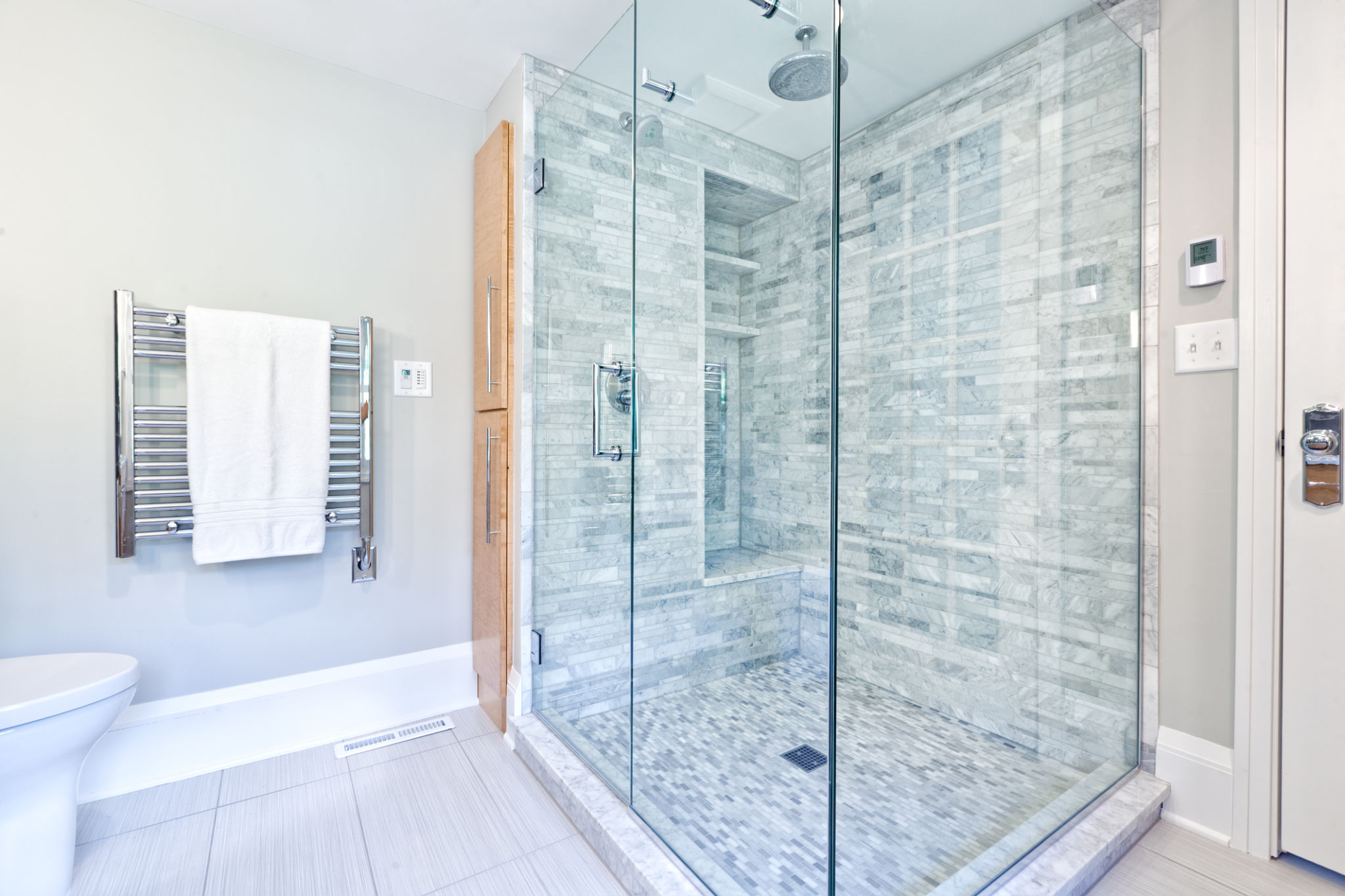Understanding the Different Types of Tile Flooring
Ceramic Tile Flooring
Ceramic tiles are among the most popular choices for flooring due to their durability and versatility. Made from natural clay, these tiles are shaped and then fired in a kiln. Ceramic tiles come in two main types: glazed and unglazed. Glazed ceramic tiles have a layer of glass on the surface, providing added protection against stains and moisture. On the other hand, unglazed tiles offer a more natural, rustic look.
One of the key advantages of ceramic tiles is their wide range of design options. Homeowners can choose from various colors, patterns, and finishes to match any decor style. Additionally, ceramic tiles are easy to maintain, requiring simple cleaning with water and mild detergent.

Porcelain Tile Flooring
Porcelain tiles are a type of ceramic tile but are made from a more refined clay and fired at higher temperatures. This process makes porcelain tiles denser, less porous, and more resistant to moisture and wear. As a result, these tiles are ideal for high-traffic areas and outdoor applications.
Porcelain tiles can mimic the look of natural stone or wood, providing a sophisticated aesthetic without the maintenance challenges associated with natural materials. They are also available in various finishes, including matte, polished, and textured options.

Natural Stone Tile Flooring
Natural stone tiles offer a timeless elegance that adds value to any home. Options include granite, marble, slate, limestone, and travertine. Each type of stone has unique characteristics, such as color variations and veining patterns, making every installation distinct.
While natural stone tiles are visually stunning, they require more maintenance than ceramic or porcelain options. Stone tiles need regular sealing to maintain their appearance and prevent damage from moisture and stains.

Vinyl Tile Flooring
Vinyl tile flooring is a cost-effective and resilient option that can mimic the appearance of wood or stone. It is made from synthetic materials that offer excellent water resistance, making it ideal for kitchens, bathrooms, and basements.
Vinyl tiles are available in a variety of designs and can be installed easily with either peel-and-stick or click-lock systems. The low-maintenance nature of vinyl flooring makes it an attractive choice for busy households.
Glass Tile Flooring
Glass tiles add a touch of elegance and modernity with their reflective surfaces and vibrant colors. They are often used in smaller areas like bathrooms or as accent pieces due to their eye-catching appeal.
While glass tiles are not typically used for entire floors due to their fragility, they can be an excellent choice for creating unique patterns or design features. They are also impervious to water, making them suitable for wet areas.

Cement Tile Flooring
Cement tiles are known for their intricate patterns and bold colors. Made from cement and natural pigments, these tiles are highly customizable and can be designed to match any aesthetic.
Cement tiles require sealing to protect them from moisture and stains, but they offer a unique charm that can't be replicated by other materials. They are especially popular in Mediterranean-style homes and can be used on floors or walls.

Conclusion
Choosing the right type of tile flooring depends on various factors including budget, area of installation, and personal style preferences. Ceramic and porcelain are great for durability and variety, while natural stone offers unmatched beauty. For those looking for affordability and ease of installation, vinyl is an excellent choice. Understanding the characteristics of each type will help you make an informed decision that complements your home’s design and functionality.
